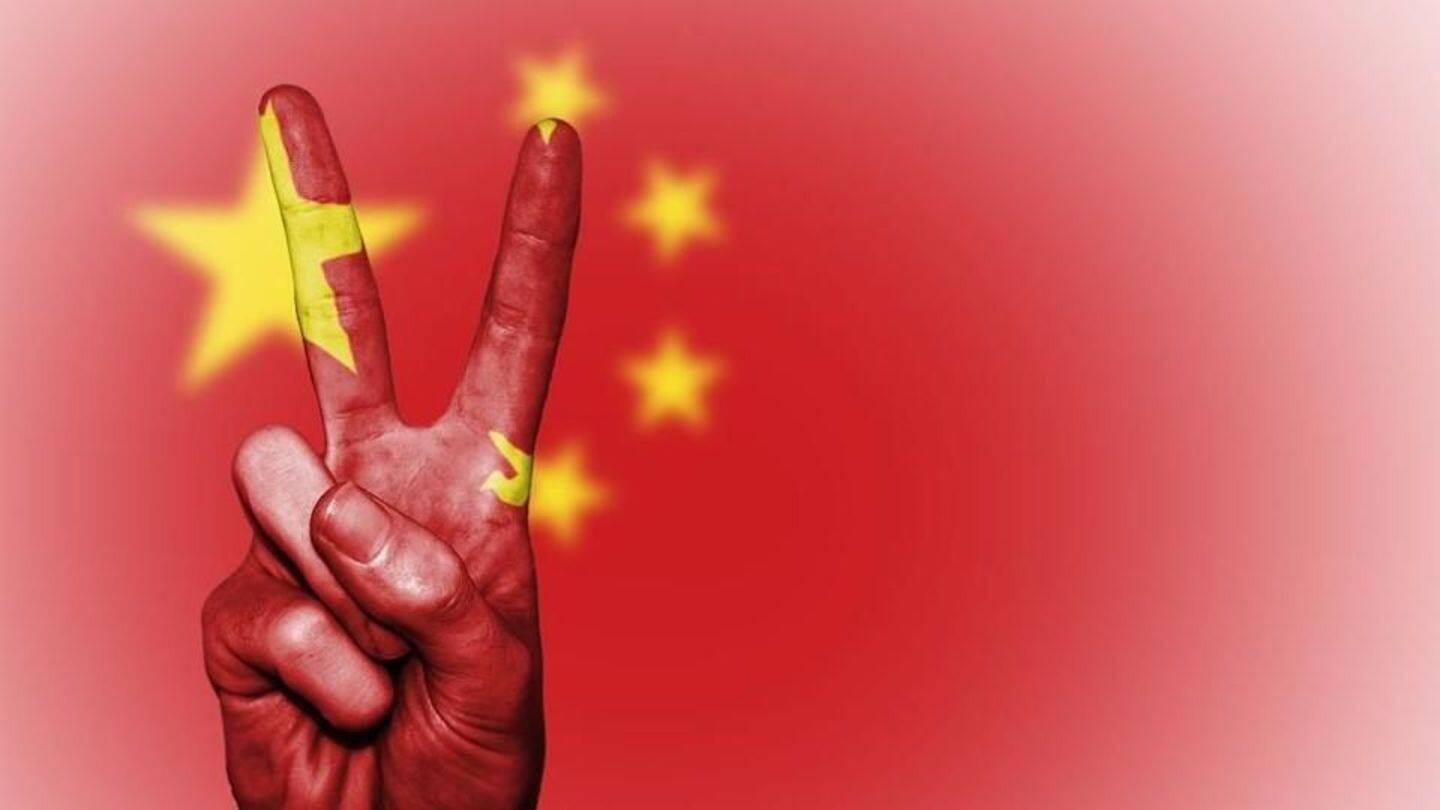
South China Sea: Beijing diplomatically scores over ASEAN
What's the story
In a new development, Association of Southeast Asian Nations (ASEAN) agreed to China's terms for negotiations and refrained from insisting the legal bindingness of the South China Sea (SCS) Code of Conduct.
ASEAN diluted the wording in the joint communique issued after the foreign ministers meeting, to avoid angering China.
This has been termed a major diplomatic victory for China.
Do you know?
Why is this significant?
ASEAN had set out stronger terms demanding commence negotiations on a Code of Conduct for the South China Sea in 2002. The diluted statement was issued after the ministers met with Chinese foreign minister Wang Yi, indicating a victory for Chinese diplomats.
About
What is the South China Sea dispute about?
The South China dispute is over territory and sovereignty over ocean areas, particularly along the Paracel and the Spratly island chains.
These island chains are claimed by a number of countries in the region including China, Vietnam, the Philippines, Malaysia, Indonesia and Brunei.
The islands lie among the world's busiest shipping lanes and have vast mineral resources around them, making them highly strategic assets.
Do you know?
China claims 90% of the SCS
China claims 90% of the South China Sea based on the "nine-dash-line" drawn in the 1940s. It loops to a point about 1,800kms south of China's Hainan Island. Beijing has also built airstrips and military infrastructure on several disputed islands to enforce its claim.
Details
Differences emerge over legal bindingness of the code of conduct
While Vietnam, the most vocal critic of China, tried hard to incorporate strong language to render the Code of Conduct legally binding, its neighbour Cambodia lobbied for China.
Philippines, the country which had initiated action against China in the Law of the Sea Tribunal under President Benigno Aquino, further has been trying to play down the verdict against China, in pursuit of warmer ties.
Analysis
What does this mean?
Philippine analyst Richard Heydarian termed the development, "a slam dunk diplomatic victory" for China.
China further seems to have succeeded in attempts to woo smaller ASEAN members such as Cambodia and Laos to create disunity in the bloc.
China is cementing its claims with the passage of time and gradual weakening of opposition in ASEAN, triggering security and economic concerns for freedom of navigation.